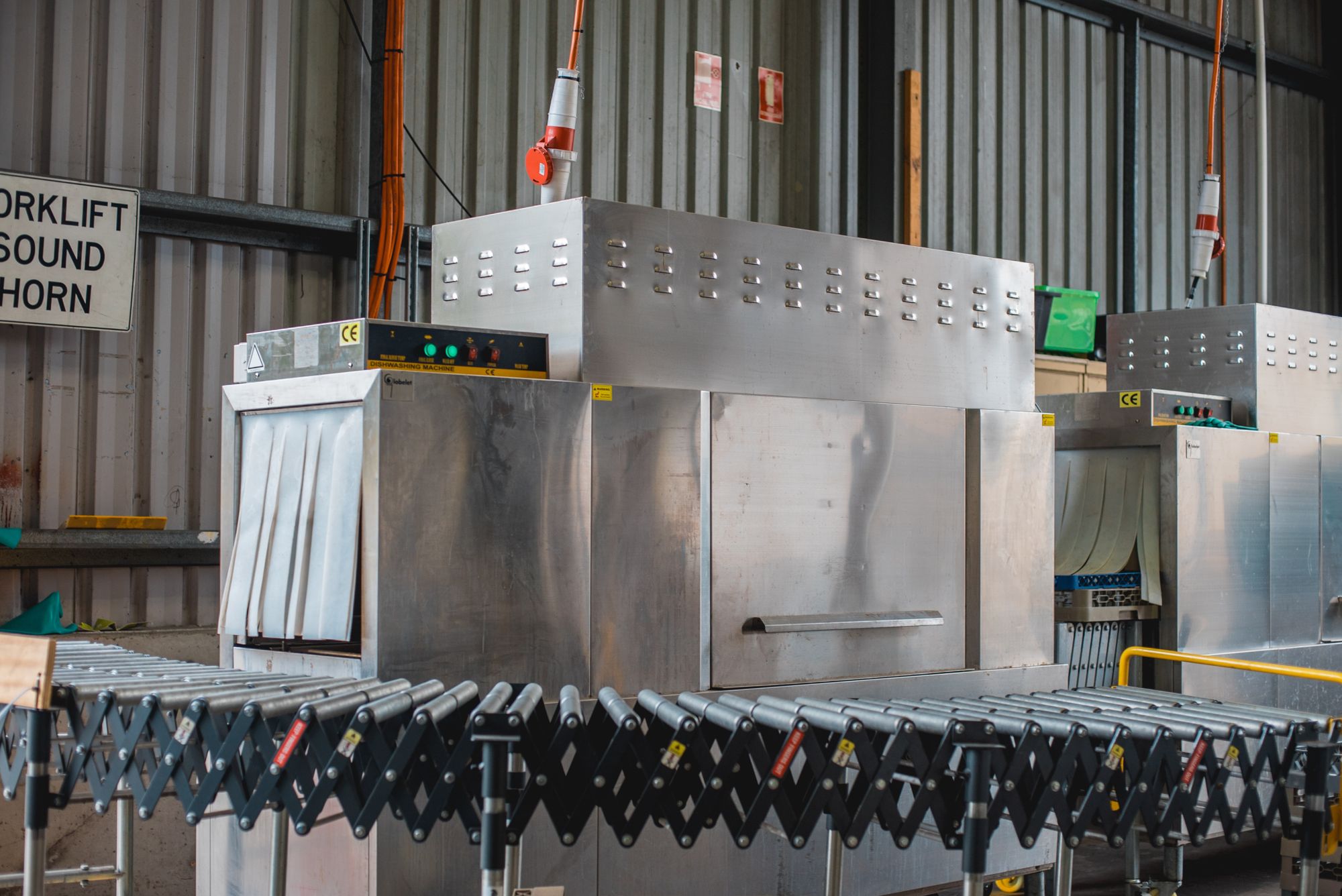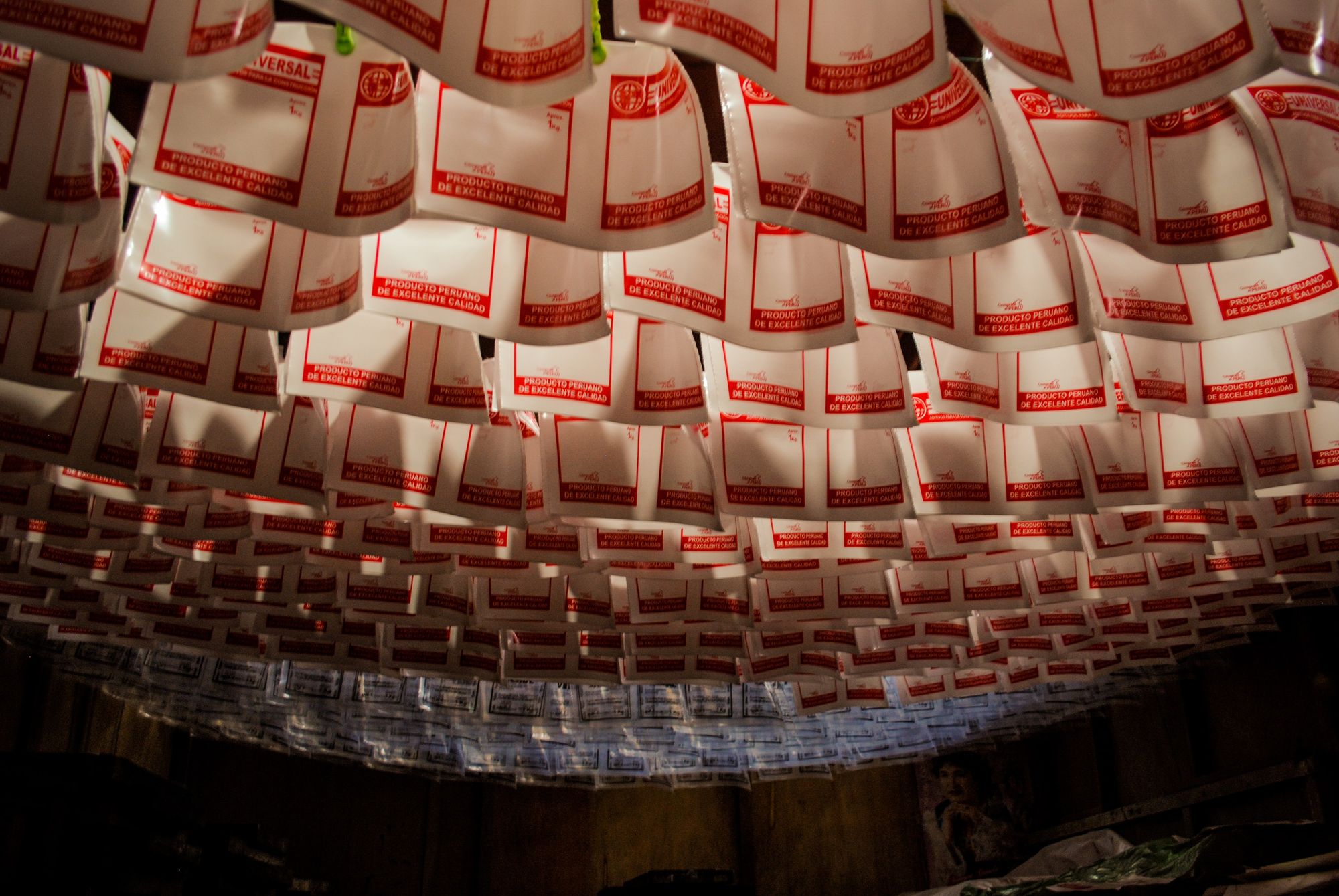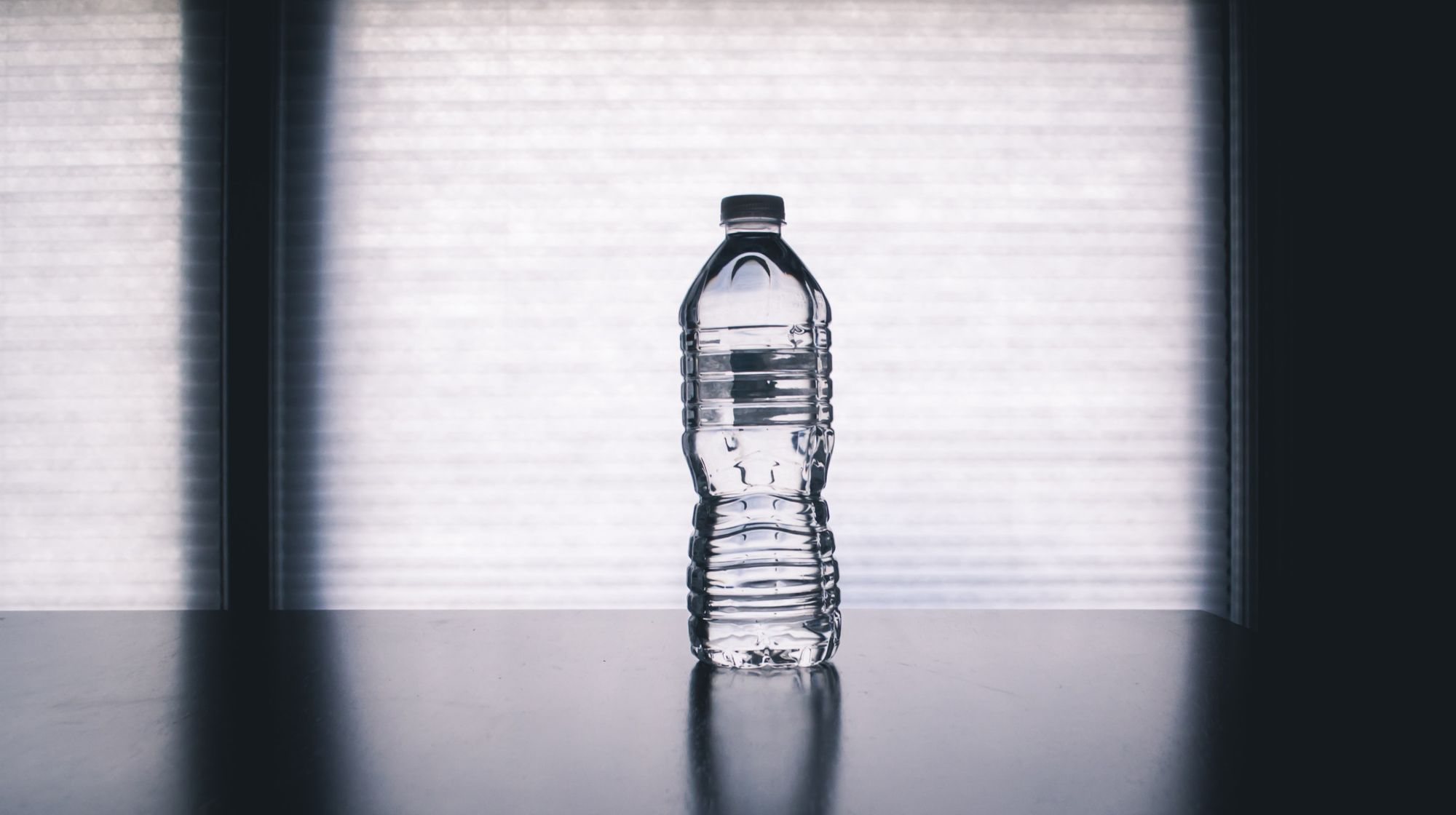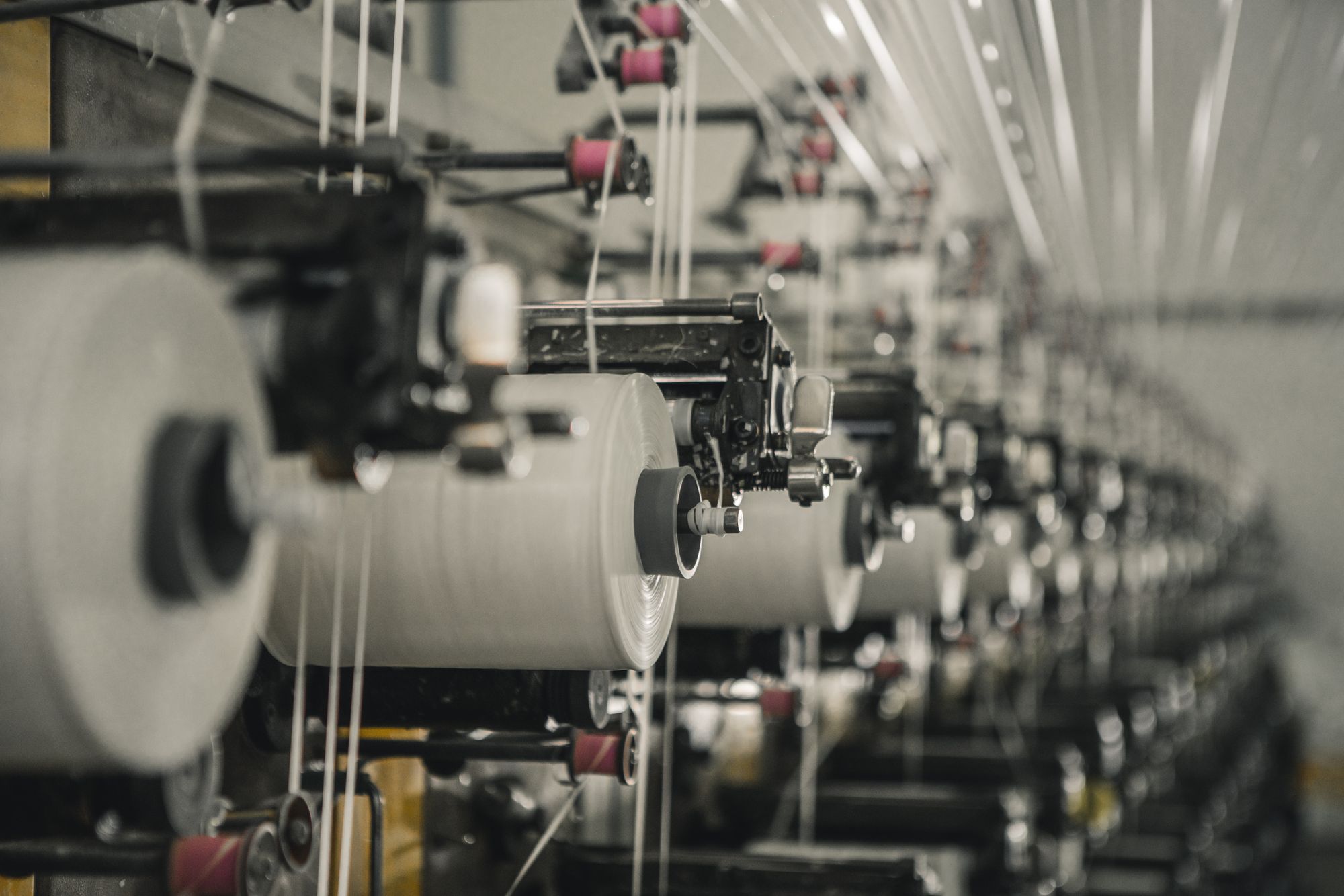Plastic production is a booming industry, with more and more companies turning to plastic manufacturing to meet their needs. But as demand for plastic products increases, so does the need for safe and sustainable plastic production.
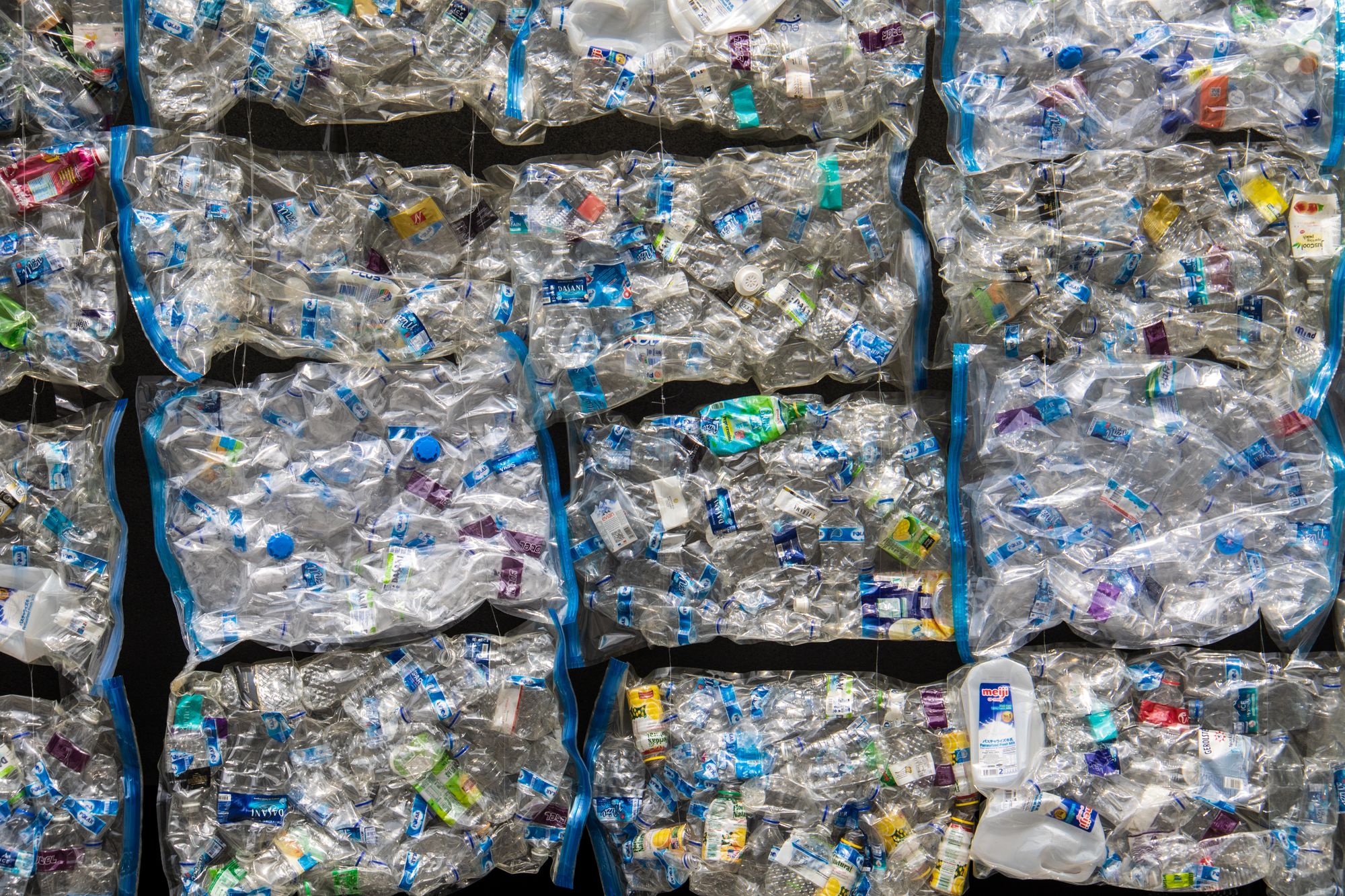
Recent years have seen a growing awareness of the environmental impacts of plastic production, as well as the potential health risks associated with the production of some plastics.
As a result, companies have been actively seeking ways to make plastic production safer and more sustainable. One of the most important aspects of safe and sustainable plastic production is the use of non-toxic, environmentally-friendly materials.
This means that companies should only use materials that are free from dangerous chemicals and toxins. This includes not only the materials used to make the plastic itself but also the other substances used in the production process, such as solvents and dyes. By using materials that are safe for the environment, companies can ensure that their plastic products are free from any potential health risks.
This article covers the following:
- Overview of Plastic Manufacturing
- Best Practices for Safe and Sustainable Plastic Production.
- Understanding Plastic Production Safety
- Strategies for Sustainable Plastic Production
- Tips for Maximizing Safety in Plastic Production
- Benefits of Automation in Plastic Production
Overview of Plastic Manufacturing
Plastic manufacturing involves the process of creating plastic products by using a variety of raw materials and processes. It is an important industry in the modern world, and it is used to create a wide variety of products that are used in everyday life.
Plastic manufacturing typically involves the use of multiple processes, such as injection molding, thermoforming, blow molding, extrusion, and rotational molding. These processes involve heating, melting, and forming the raw materials into the desired shape.
In addition to the raw materials and processes, plastic manufacturing also involves the use of various additives, such as stabilizers, lubricants, colorants, and flame retardants. These additives are added to help improve the physical and chemical properties of the final product.
In addition, other processes, such as painting and plating, may be used to give the plastic product a desired finish. Plastic manufacturing is an important industry, and it has become even more important in recent years, as plastic products have become increasingly popular in many areas.
Plastic products are used in a variety of applications and industries, such as automotive, medical, and food packaging. The industry is constantly evolving, and new technologies and processes are constantly being developed to meet the changing needs of the market.
Best Practices for Safe and Sustainable Plastic Production
Plastic production is one of the most important industries in the world. From food packaging to car parts, plastic is everywhere. However, due to its environmental impact, it’s important that plastic producers and manufacturers take extra steps to ensure safe and sustainable production. Here are some best practices for safe and sustainable plastic production.
Use Renewable Resources
Instead of relying on fossil fuels for plastic production, manufacturers should look for ways to use renewable sources of energy such as solar, wind, and geothermal. This will help reduce the environmental impact of plastic production.
Reduce Waste
Reducing waste is an important part of sustainable plastic production. This can be done by using reusable containers and packaging, recycling materials, and using energy-efficient production processes.
Reduce Emissions
Plastic production can produce a lot of greenhouse gases, so it’s important to reduce emissions. This can be done by using energy-efficient production methods and investing in renewable energy sources.
Use Eco-Friendly Materials
Plastic producers should look for ways to use eco-friendly materials such as bioplastics, which are made from plant-based materials. This will help reduce the environmental impact of plastic production.
Educate Your Customers
Finally, it’s important to educate your customers about the importance of sustainable plastic production. This can be done through educational campaigns, social media posts, and other methods.
By following these best practices for safe and sustainable plastic production, manufacturers can reduce the environmental impact of their operations and help create a more sustainable future.
Understanding Plastic Production Safety
As more and more manufacturing operations turn to plastics to meet their production needs, it is essential for manufacturers to understand the unique safety considerations associated with plastic production.
Plastic production is a complex process that involves a variety of processes, materials, and equipment. To keep workers safe and prevent accidents and injuries, manufacturers need to be aware of the potential hazards and take steps to reduce the risks.
The first step in understanding plastic production safety is to familiarize yourself with the different types of plastic and their properties. Each type of plastic has different characteristics and potential hazards, so it’s important to understand which type of plastic your operations are using and the associated safety considerations.
Plastics can be classified as thermoplastics, thermosets, or elastomers and can be either rigid or flexible. The next step is to understand the different types of plastic production processes. Different processes can be used, including injection molding, rotational molding, extrusion, and blow molding.
Each process has its own safety considerations, so it’s important to understand the specific process and the associated risks. The third step is to understand the different types of materials used in plastic production.
Different types of materials, such as thermoplastics, thermosets, and elastomers, have different properties and potential hazards. It’s important to understand the specific materials being used and the associated safety considerations. The fourth step is to understand the potential hazards associated with plastic production.
Plastics can release hazardous fumes and particles while they are being processed. In addition, the plastic can become brittle or melt if exposed to high temperatures. Depending on the type of plastic and the production process, workers can be exposed to a variety of physical and chemical hazards.
Finally, it’s important to understand the safety equipment and protective measures that are necessary in plastic production. Depending on the type of process and materials being used, workers may need to wear protective clothing, use respirators, or work in a well-ventilated area.
In addition, manufacturers should ensure their employees are properly trained in the safe handling and storage of plastic materials. By understanding the different types of plastics, production processes, materials, and potential hazards associated with plastic production, manufacturers can ensure their operations are safe and efficient. Taking the time to understand the basics of plastic production safety is essential for keeping workers safe and preventing accidents and injuries.
Strategies for Sustainable Plastic Production
Reduce the amount of plastic used in the production process. This can be achieved in a number of ways, such as using recycled plastic, using plastic alternatives, or reducing the amount of packaging used.
Implement energy-efficient processes in plastic manufacturing. This can include using efficient machinery and equipment, using renewable energy sources, and implementing a waste-reduction plan.
Utilize sustainable raw materials. This includes using materials that come from sustainable sources, such as bioplastics, recycled plastics, and other materials that are sourced in an environmentally-friendly manner.
Invest in research and development. This involves researching new technologies and materials that can be used in the plastic production process, as well as researching ways to reduce energy consumption and waste.
Educate employees on sustainable plastic production. This includes teaching employees about the negative environmental impacts of plastic production and how they can reduce their carbon footprint by using sustainable materials and processes.
By implementing these strategies, businesses and manufacturers can reduce their environmental impact while still producing the same quality products. These strategies can also save businesses money in the long run, as they are more efficient and cost-effective.
Sustainable plastic production is essential for a healthier and cleaner environment, and businesses should take the initiative to make their production processes more sustainable.
Tips for Maximizing Safety in Plastic Production
Safety is paramount when it comes to plastic production. With the right practices in place, you can ensure that your facility is a safe place to work and that the plastic products you produce meet the highest standards of quality. Here are some tips for maximizing safety in plastic production.
Invest in the Right Equipment
Investing in the right equipment is key to ensuring the safety of your workers and the quality of your plastic products. This includes buying machines that are up-to-date, properly calibrated, and regularly maintained.
Establish Clear Procedures
Establishing clear and consistent procedures for using machinery and handling materials is essential for maximizing safety. Workers should be trained on the proper use of the equipment and the proper handling of hazardous materials.
Regularly Inspect Machinery
Regular inspections of machinery can help identify any potential safety issues before they become a problem. Inspections should be conducted on a regular basis, and any problems should be addressed immediately.
Implement a Safety Program
A good safety program should include regular safety meetings and training, as well as the implementation of safety procedures. Safety programs should be tailored to the specific needs of your facility.
Wear Protective Equipment
Protective equipment is a must for plastic production. This includes protective clothing, gloves, face shields, and other protective gear.
Adhere to Safety Standards
The most important safety measure is to adhere to safety standards. This includes following any local, state, and federal safety regulations. It’s also important to ensure that all of your workers are aware of safety protocols and that they are followed.
By following these tips, you can ensure the safety of your facility and the quality of your plastic products. Investing in the right equipment, establishing clear procedures, regularly inspecting machinery, implementing a safety program, wearing protective equipment, and adhering to safety standards are all key to maximizing safety in plastic production.
Benefits of Automation in Plastic Production
The plastics manufacturing industry is one of the most competitive and dynamic industries in the world. Automation has become a key factor in the success of plastics production processes and it can be difficult to keep up with the rapidly changing technology.
Automation can help manufacturers increase efficiency and reduce costs while maintaining the highest quality standards. Here are some of the benefits of automation in the plastics production process.
Increased Productivity
Automation helps to increase productivity by removing the need for manual labor. Automation can be used to automate repetitive tasks and increase the speed of production processes. This can reduce production costs and improve the rate of product output.
Improved Quality
Automation helps to improve the quality of products by ensuring consistency and accuracy. Automated processes can detect and correct errors quickly, reducing the chances of mistakes occurring. Automation also helps to reduce scrap and improve product quality.
Cost Savings
Automation can save money by reducing the need for manual labor and improving the efficiency of production processes. Automation can also help to reduce the number of plant and equipment needed, resulting in lower capital costs.
Safety
Automation can help to protect workers from hazardous conditions by reducing the need for manual labor. Automated processes can also reduce the risk of accidents and injuries by eliminating the need for workers to be at risk of dangerous substances.
Flexibility
Automation can help to increase the flexibility of the production process by allowing manufacturers to easily change the process to meet customer demands. This can help to reduce lead times and allow manufacturers to respond quickly to changing market conditions.
Automation has revolutionized the plastics manufacturing industry, allowing manufacturers to reduce costs, improve quality and increase productivity. By using automated processes, manufacturers can ensure the highest level of quality and reduce production costs.
Automation can also help to protect workers from hazardous conditions and reduce the risk of accidents and injuries. Automation is an essential part of the modern manufacturing process and can help to ensure the success of the plastics industry.
How Can Deskera Assist You?
As a manufacturer, you must keep track of your inventory stock. The condition of your inventory has a direct impact on production planning. It also has a direct impact on people and machinery use and capacity utilization.

Deskera MRP is the one tool that lets you do all of the above. With Deskera, you can:
- Control production schedules
- Compile a Bill of Materials
- Produce thorough reports
- Make your dashboard
Deskera ERP is a complete solution that allows you to manage suppliers and track supply chain activity in real time. It also allows you to streamline a range of other company functions.
Deskera Books allows you to manage your accounts and finances better. It helps maintain good accounting standards by automating billing, invoicing, and payment processing tasks.
Deskera CRM is a powerful tool that organizes your sales and helps you close deals rapidly. It enables you to perform crucial tasks like lead generation via email and gives you a comprehensive view of your sales funnel.
Deskera People is a straightforward application for centralizing your human resource management activities. Not only does the technology expedite payroll processing, but it also helps you to handle all other operations such as overtime, benefits, bonuses, training programs, and much more.
Key Takeaways:
- Instead of relying on fossil fuels for plastic production, manufacturers should look for ways to use renewable sources of energy such as solar, wind, and geothermal.
- Reducing waste is an important part of sustainable plastic production. This can be done by using reusable containers and packaging, recycling materials, and using energy-efficient production processes.
- Plastic production can produce a lot of greenhouse gases, so it’s important to reduce emissions.
- Plastic producers should look for ways to use eco-friendly materials such as bioplastics, which are made from plant-based materials.
- Plastic producers should look for ways to use eco-friendly materials such as bioplastics, which are made from plant-based materials.
Related Articles:
